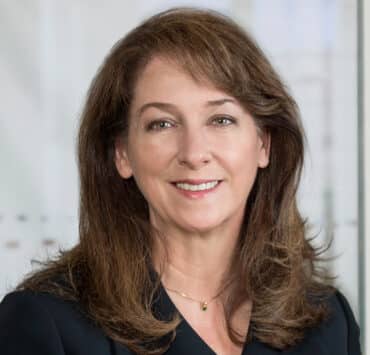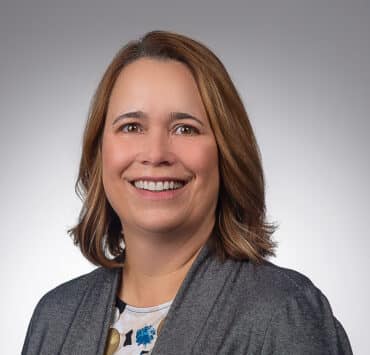For most of his career, Scott Hollander followed the typical workflow at a private practice law firm: attorneys are assigned cases, work them to their conclusions, and then take on more.
Hollander joined Wolff & Samson PC (now Chiesa Shahinian & Giantomasi PC) in 2010, and focused on litigation during his first few years. “It was mainly commercial cases,” he recalls. “The work seemed to match my skill set and my personality, and I liked it. But I wasn’t passionate about it.”
His portfolio expanded to include individual, government, and corporate clients in sensitive and high-stakes matters. While he focused on white-collar criminal defense, internal investigations, complex commercial litigation, and e-discovery, he also assisted clients with compliance, regulatory, litigation, and corporate governance challenges.
As his responsibilities grew, so did his knowledge, which in turn spurred his passion. “I just like to learn,” he says. “Not merely what I need to do my job, but all sorts of things. I keep up with news, changes in the legal world, and many other topics because I enjoy them. Knowledge is valuable; it is a sort of currency.”
His urge to take on greater challenges grew as well. “I was at the stage of my career where I wanted to expand my skill sets and develop some significant experience in a single area, Hollander says. “Healthcare and pharmaceuticals were attractive to me, particularly because I’d also had experience in those industries.”
“I often find myself in an advisory capacity as well as a legal one, and both are critically important.”
Scott Hollander
In 2021, he found his niche with Dr. Reddy’s Laboratories, where he’s now assistant general counsel for compliance, investigations, and litigation. Dr. Reddy’s Laboratories is one of the top drug-makers in India, developing and manufacturing generic drugs (branded and unbranded) and bulk pharmaceutical ingredients. Its product range includes ulcer medication, antibiotics, antidepressants, pain relievers, diabetes treatments, and cardiovascular drugs. The company also produces generic biotech products and provides an array of custom pharmaceutical services.
The shift from private practice to in-house brought some surprises. “I really hadn’t appreciated how many things are important to an in-house counsel,” he says. “I needed to review documents, issue approvals, evaluate strategic plans, plus learn to build internal relationships, determine who to communicate with and when—it seems everything creates a ripple effect that can spread throughout the company.”
That could be daunting on its own, but working at a multinational company means Hollander faces additional hurdles. “It’s tough to get things moving quickly,” he explains. “It’s partly because of the time difference—and partly a byproduct of having colleagues across time zones. When I set a Zoom meeting, the time is likely going to be inconvenient for at least some of them.”
The overall environment was profoundly different too. “In-house, you learn to work with a much broader group of businesspeople—not just other attorneys—who have their own objectives, understandings, and considerations,” Hollander says. “You learn to speak differently with different groups of people, so you need to understand your audience and their respective goals. In turn, that prompts me to think about the best way to optimally execute my function and benefit the company.”
“I just like to learn. Not merely what I need to do my job, but all sorts of things . . . Knowledge is valuable; it is a sort of currency.”
Scott Hollander
While the day-to-day case management is similar, he has to keep a close eye on overall strategy. “Do we file a motion? Do we settle? Engage on a particular topic? I often find myself in an advisory capacity as well as a legal one, and both are critically important,” he says.
That advisory role helps Hollander keep the company proactive, rather than reactive. Every few weeks, he reviews every matter on his schedule to try to forecast what’s coming next. For example, they might need to turn to outside counsel or bring in an expert consultant. “There’s a real benefit to thinking ahead, because things don’t happen instantly,” he says. “There’s a host of challenges in assembling all the resources you need to accomplish a goal.”
Lest you think his interactions are limited to the C-suite, Hollander points out that he’s the regional compliance officer for the US and Canada. “One of our charges is to be front-facing with our employees,” he says. “I do that by meeting with every new hire—acquainting them with the company’s culture, policies, decision-makers and other key topics. It sets a good tone just as they’re starting out and sends a positive message.”


